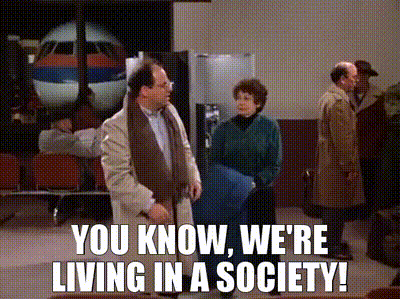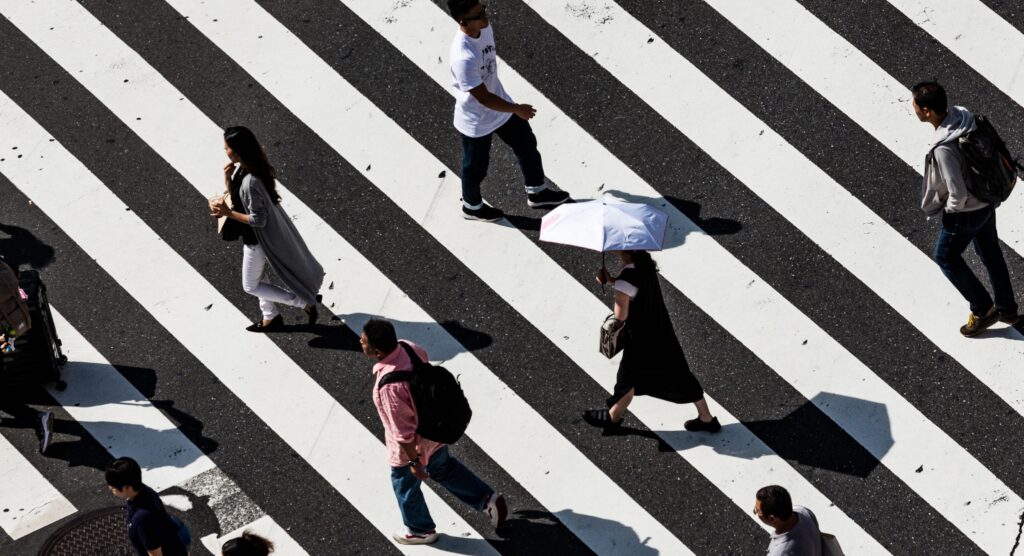Imagine you live in a remote area and you break your leg. It would take hours to reach medical help. Now imagine if there were emergency helicopters that could get you to a hospital within the hour. It would certainly make healing easier, right?
This applies to mental health too. A system that supports mental health makes it easy for its users to be mentally healthy. There are two parts to a mental health equilibrium. First is the effort that we invest in our mental health; going to therapy, working on ourselves, learning problem solving skills and using insights from therapy to build a strong foundation for our mental health. This is crucial in the endeavor to be the best version of ourselves. Unfortunately, this is not enough in and of itself. The other part of the equation is the environment that we inhabit. This is our homes, our workplaces, and the society at large. A family that encourages you to get mental help and support your mental health journey makes the journey itself significantly less burdensome. It takes a village to raise a child, and the same villagers to support the mental health of its residents.

Humans are social animals. Why? Because one man can’t do all the vital tasks needed for survival. So, we invented society to aid our survival. Everybody coordinates, cooperates and cohabitates, and everyone gets a significantly improved lifestyle. That’s the contract we signed. This isn’t limited to physical needs. Our emotional and safety needs like comfort, love and respect are also addressed. We have friends and family that support us emotionally, care for us, love us and push us to be better. We are social creatures because it gave us the edge, helped us survive in the harsh wilderness and gave meaning to our lives.
It is much easier to swim with the current and even better if that current ends in mental health support for all! A society with the right tools and procedures to support mental health makes mental health help more accessible. Right now, over 10% of the adult population in India suffers from some form of mental illness, and that only about 10-12% of those affected receive adequate treatment. Easier accessibility will make taking that extra step to get help much less effortful, like skating downhill requires much less effort. Research consistently finds community support as a major contributor to better mental health outcomes and fosters a sense of well-being. A system that doesn’t support mental health acts as a strict deterrent. People that need help don’t seek it, their families ignore it and their friends laugh it off. Society judges those that do seek help, contributing to the stigmatization of a basic necessity. Nearly 15% of the Indian population is in active need of interventions for one or more mental health concerns. The same society that deems mental well-being a frivolous endeavor would not provide laws securing this right or build infrastructure and skilled labor to take up that responsibility. Right now India has only one psychiatrist for every 3.4 lakh people and only one psychologist for every 2.6 million people. Even if you did look for help, the kind you would find would not be competent. Misconceptions would not only exist, but be preposterously overblown, with no one willing to or even able to dispel them. Scary stuff.
Several systemic changes in major communities of our society can aid in building a more conducive environment to contemplate and seek help for mental health concerns. Educational institutions can incorporate emotional coping skills in their curriculum and encourage students to visit school counselors. Corporate offices and other businesses can add perquisites like free or discounted counseling and therapy for its employees. Also ensuring a friendly and safe work environment with the help of the HR department. Incorporating mental health with physical health in the hospitals and creating appropriate legislation securing every individual’s right to health – both mental and physical. Universal health insurance that covers therapy. Families that understand the importance of addressing mental health concerns lest they worsen due to ignorance. There is a significant lack of awareness and understanding about mental health issues in India. A survey conducted in 2018 found that only 29% of the respondents could correctly identify the symptoms of depression, and 36% believed that mental illness was caused by a lack of self-discipline and willpower. Lack of awareness and social stigma are major barriers to accessing mental health care in India. According to a study conducted by the Indian Journal of Psychiatry, social stigma and lack of awareness are responsible for 80% of the treatment gap in mental health care. Ignoring mental health concerns is like ignoring a forest fire.
We need better fire fighting infrastructure like trained firefighters and the batmobile to douse this. Social support groups are one such medium. They offer support and community to individuals who share similar problems and concerns. Community outreach programs help raise awareness and educate the masses to the benefits of these systemic changes. According to a study published in the Lancet Psychiatry, community-based interventions can reduce the treatment gap for mental health care by up to 70%!
A society that understands the need for mental health care, encourages you to seek it should you need it, and makes it more accessible in terms of cost and quality is practically ensuring that help is accessible to those who need it. In the US alone, the total economic burden of mental illness was estimated to be $1.6 trillion in 2019. Mental health is clearly not just a psychological or social issue. According to a report by the World Economic Forum, mental health problems are estimated to cost the global economy $6 trillion by 2030. That’s a lot of zeroes!! Together we can build a world that prioritizes mental healthcare for the collective benefit of societal mental health which will ultimately improve each of our mental health. We need to be the change that we want to see in this world.


